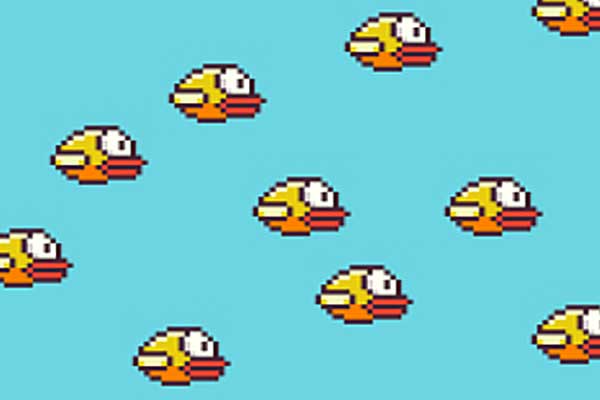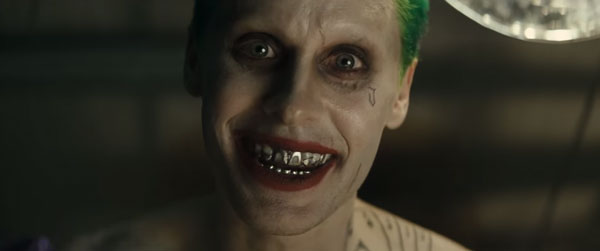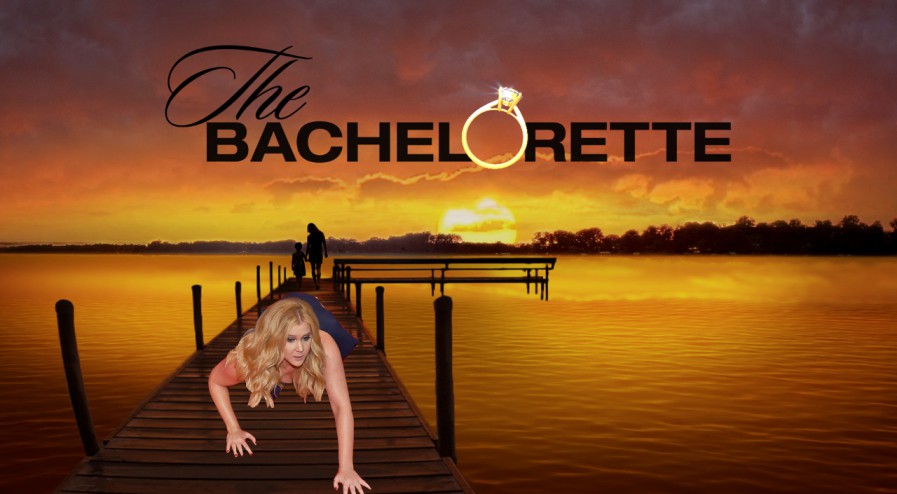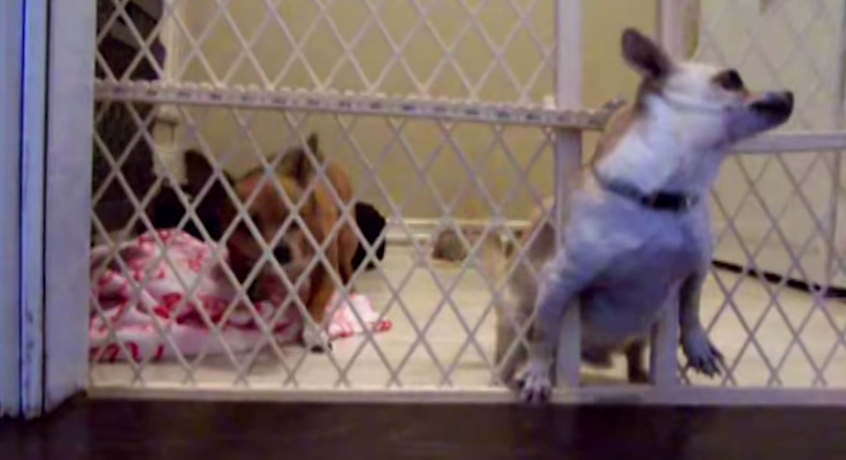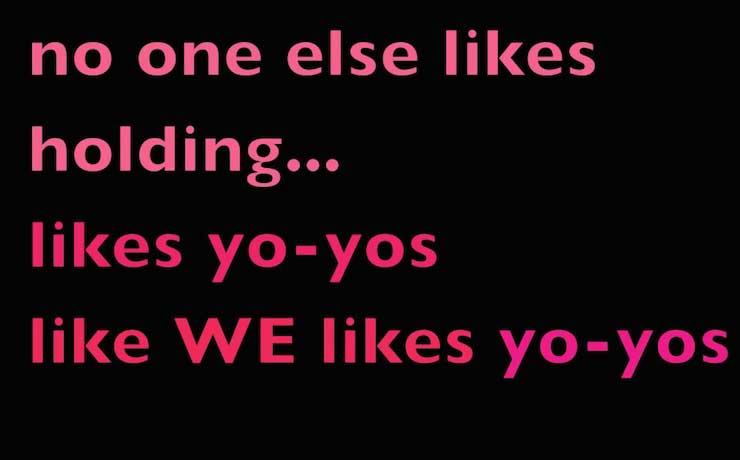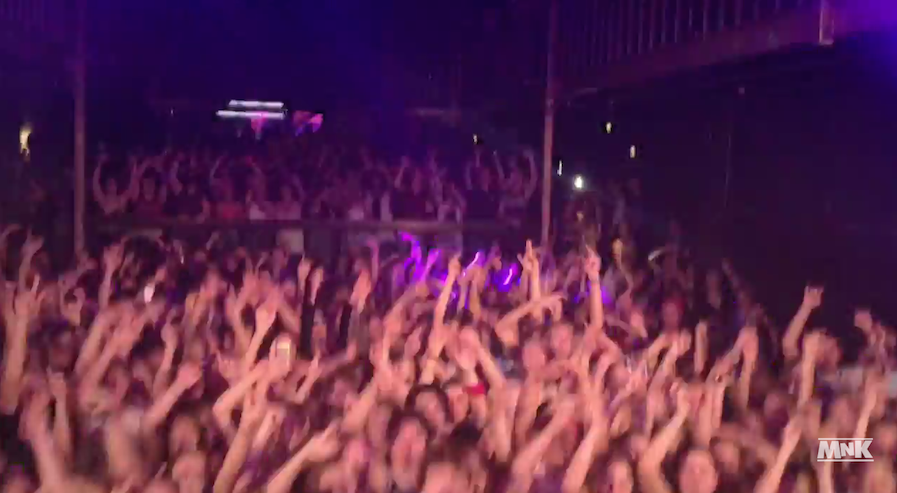Rabid Flappy Bird fans may have sent Dong Nguyen into semi-permanent hermitage, but that hasn’t scared off hundreds of aspiring game developers from flooding the app market with Flappy Bird clones. According to an article in The Guardian, of the nearly 300 games submitted to the iTunes app store each day, nearly one third of them are the offspring of Flappy Bird. You know what I’m talking about. You’ve seen them. The flappy pigs. The awkward ducks. The Mileys and the Drakes. This monstrosity. They are everywhere and anywhere. There could even be a flappy you right now, flapping through cyberspace… alone.
What’s perhaps most shocking about this clone business is just how popular these ripoffs are. People are playing these games and they are playing them a lot. Right now, at this very moment, there are three flappy-based games in the app store’s top free games: Jumpy Jack, Flappy Wings, and, my personal favorite, Tiny Flying Drizzy. There has been plenty of speculation as to why this phenomenon has gripped the American people so tightly. Maybe we are stupid and like stupid things. Maybe it’s a cultural crisis, a reflection of the deep emptiness in our hearts and minds. Or maybe these games are just fun.
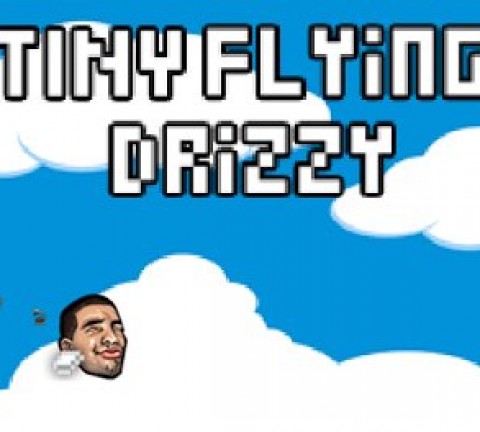
Whatever the reason, it’s getting harder and harder to just brush these games aside. These games, whether we like it or not, are starting to mean something to us. It could be because they are so goddamn simple, because they can reduce even the most complex of subjects into instantaneous parody. Just look what was done to the crisis in Ukraine. And that’s only the tip of the iceberg. Trending topics across a wide range of fields have been manipulated by Flappy Bird aficionados into free games available for everyone. This goes to show that, with a little knowhow, we can take anything from our cultural moment and translate it into a flapping interface. Is this inane and reductive? You bet your bippy it is. But to get upset about that would be to miss the point entirely. Flappy Bird clones, for better or worse, have opened up a tiny, twisted space for us to poke fun at our problems, our culture, and ourselves in a way that’s silly and accessible. If that gets you down, I sympathize. But the truth is, these games are here now, and I’m pretty sure they’re here to stay.

